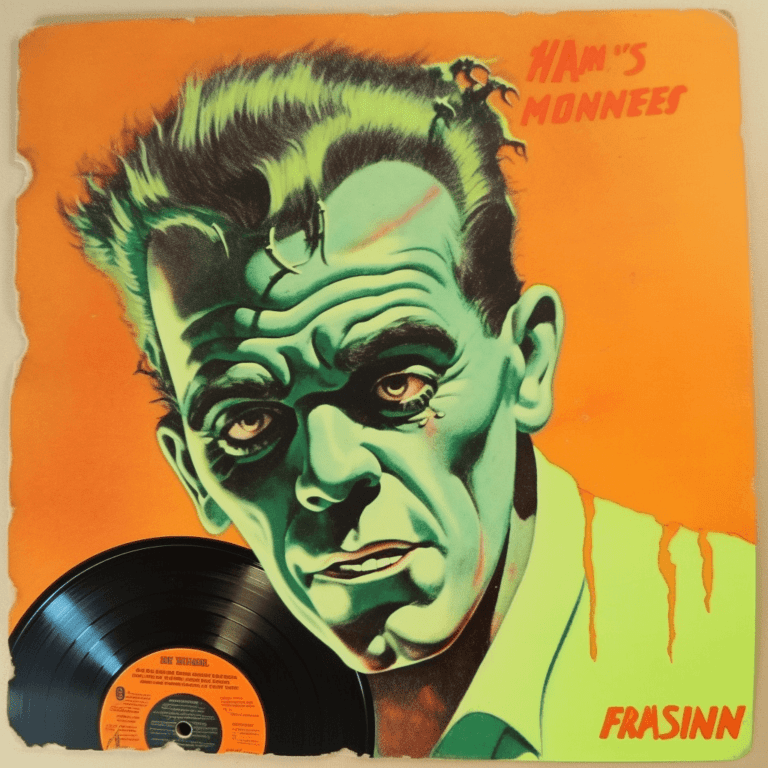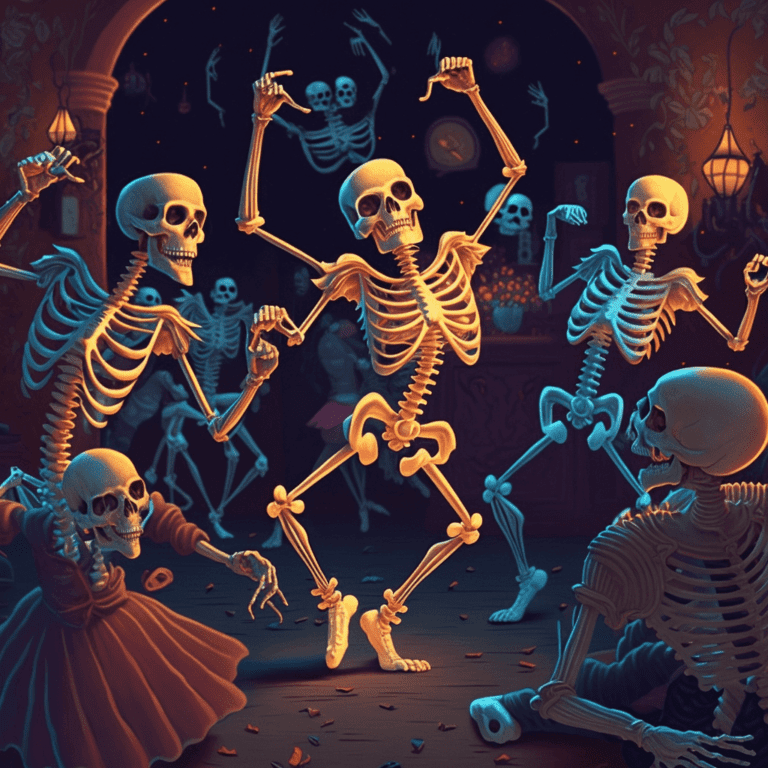Royalties
In the music world, royalties are like the paycheck that musicians receive when their music is used or played in certain ways. It’s a form of payment for their hard work and creativity. When you hear a song on the radio, stream it online, watch it in a movie, or even listen to it in a commercial, the artist behind that song earns some money as royalties.
How do Musicians Earn Royalties?
There are different types of royalties, but the two most common ones are:
Mechanical Royalties: These come into play when a music recording is sold or reproduced. So, if someone buys a CD, downloads a song, or streams it on a digital platform, the musician receives a small portion of the money from each sale or stream.
Performance Royalties: These kick in when a song is publicly performed or broadcasted. This includes instances like when a song is played on the radio, used in a TV show, played in a restaurant, or performed live in a concert. The musicians get paid when their music reaches the ears of the public.
How are Royalties Collected and Distributed?
Collecting and distributing royalties can be a complex process, but there are organisations that help with this task. In many countries, there are performance rights organisations (PROs) and mechanical rights organisations (MROs) responsible for managing these royalties. They work with music platforms, radio stations, venues, and other users of music to ensure the artists are compensated for their work.
When a song is played or used, the PROs and MROs collect the money and then distribute it to the musicians and songwriters based on agreements and rules. These organisations also keep track of which songs are played and how often, so they can pay artists accurately.

So what’s this site all about anyway?
Well, if you ever find yourself needing music for anything – a YouTube video, a podcast, a school project, a presentation, TV commercial or even a film – then browse, preview and download any of our tracks





